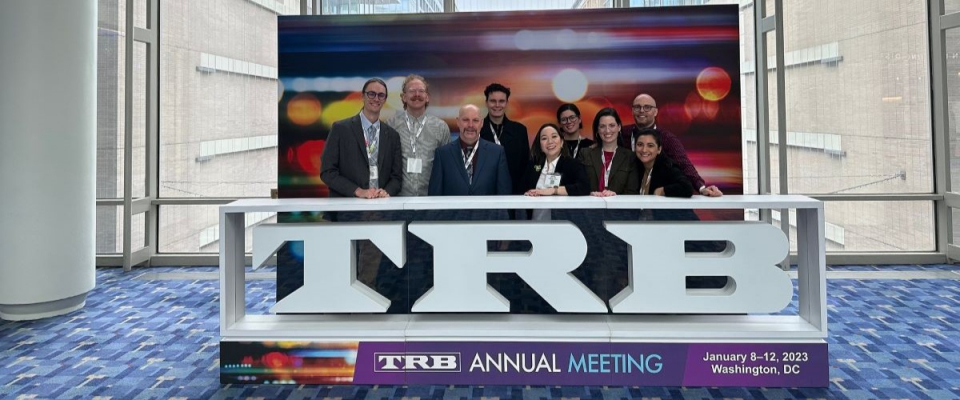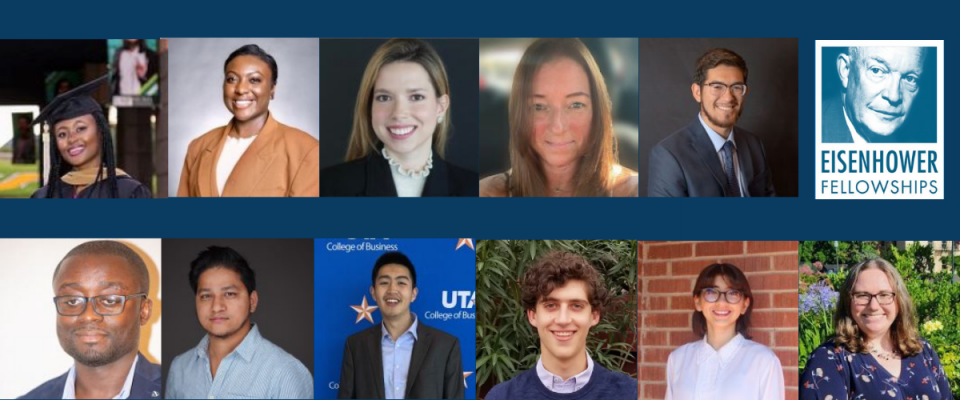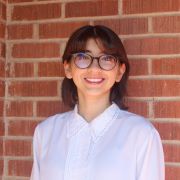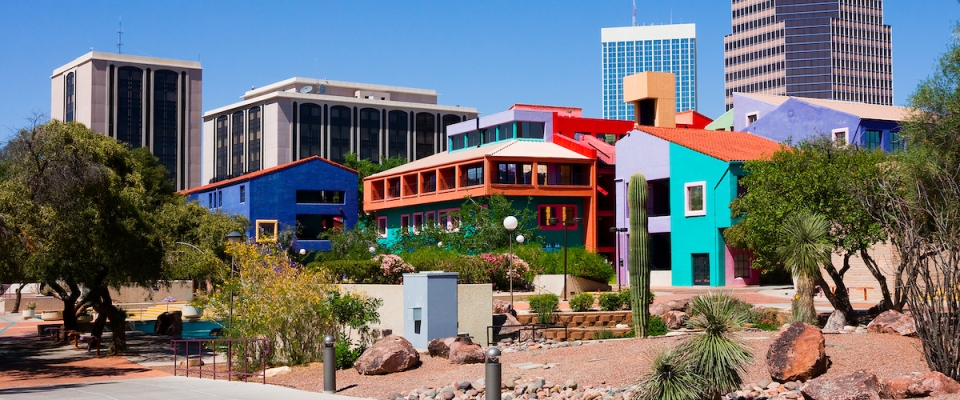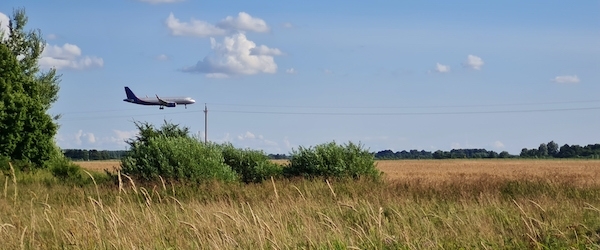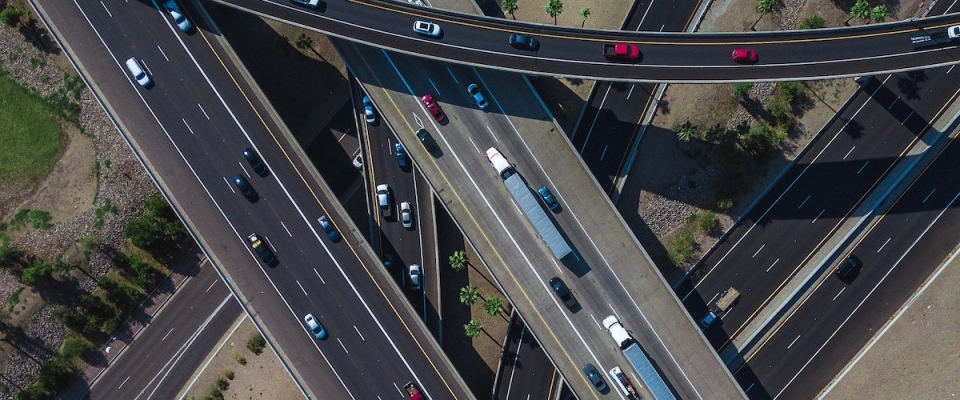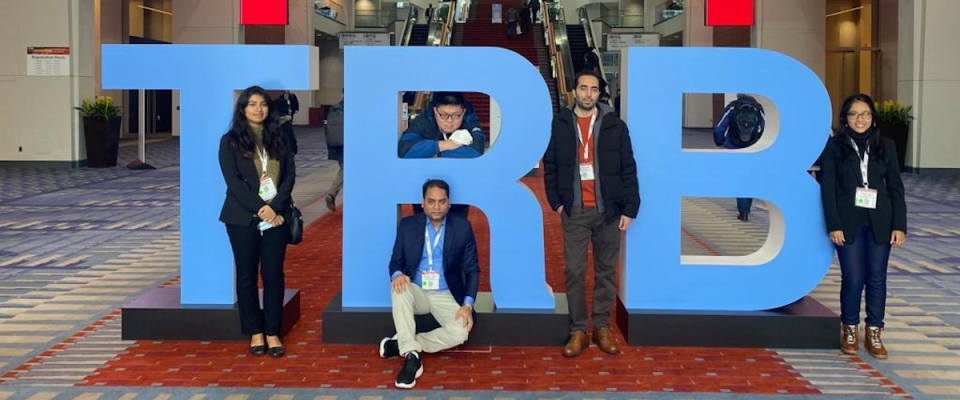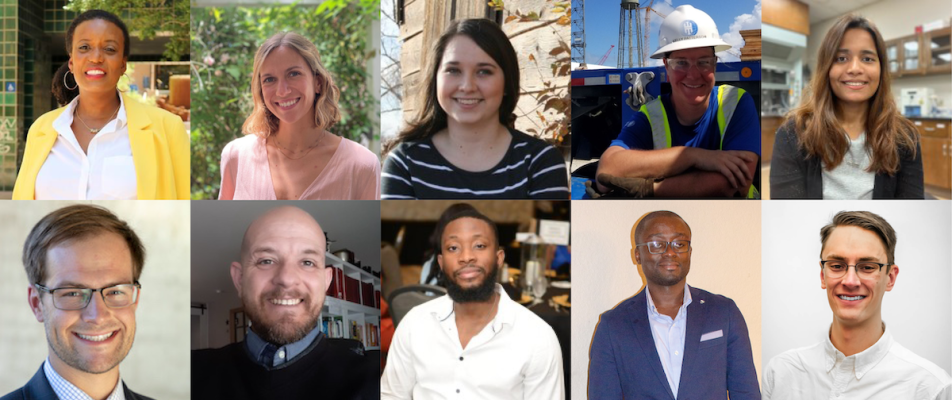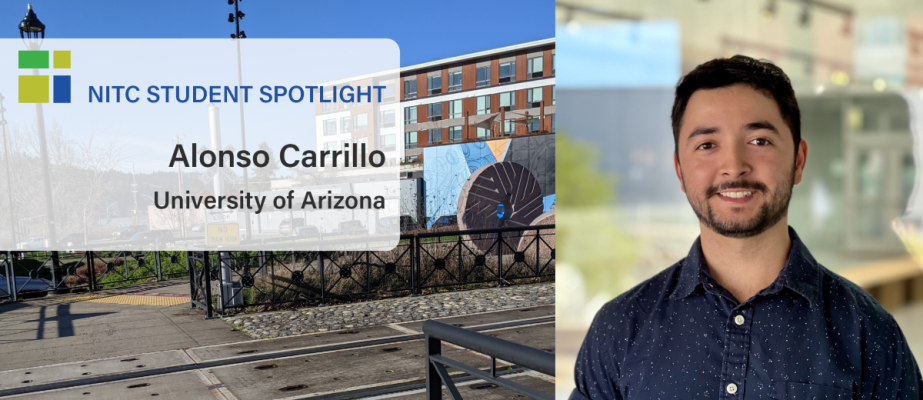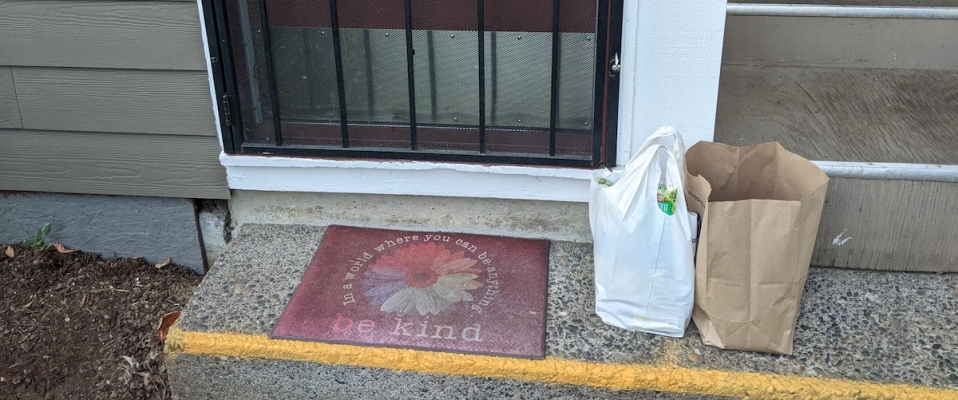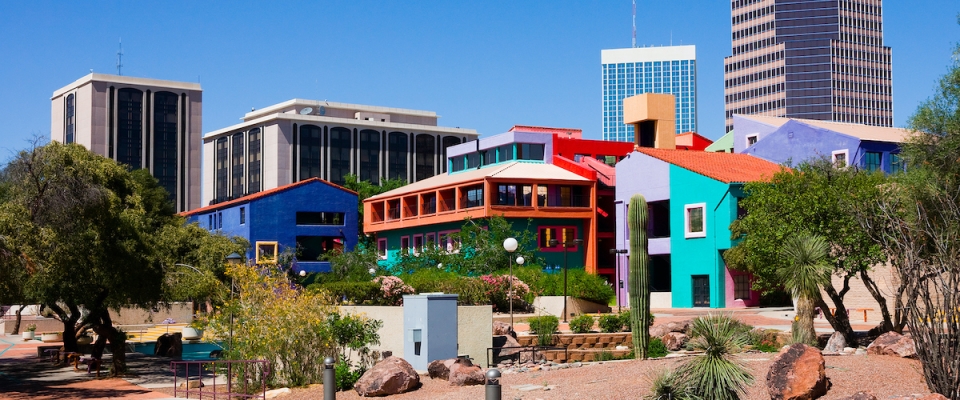The 103rd annual meeting of the Transportation Research Board (TRB) will be held January 7–11, 2024 in Washington, D.C., and NITC transportation faculty and researchers will be sharing their expertise at the world's largest transportation conference. The TRB annual meeting attracts thousands of transportation professionals from around the globe to address transportation policy, practice, and plans for the future.
Below are a few highlights of research being presented by transportation experts from our participating NITC-funded campuses: Portland State University (PSU), University of Oregon (UO), University of Utah (UU), University of Arizona (UA), and University of Texas at Arlington (UTA). Check out our full NITC guide for all of the sessions:
VIEW THE ONLINE GUIDE TO NITC AT TRB 2024
*Due to the evolving status of speaker attendance and TRB programming, please check your TRB schedule for the most current information in the event of changes.*
NITC Research Highlights at TRB 2024
University of Texas at Arlington
Monday, January 8 - Older Adults, Travel Options, and Barriers to Accessibility
In this lectern session, Juana Perez, Mohammad Rashidi, Jobaidul Boni and Kate Hyun of the University of Texas, Arlington...
Read more
